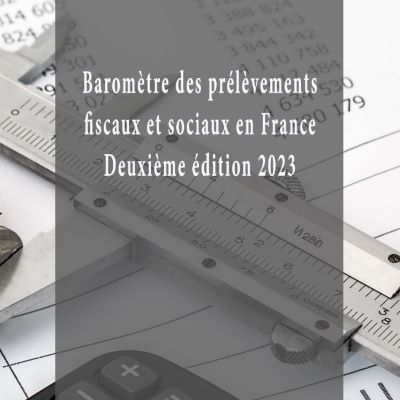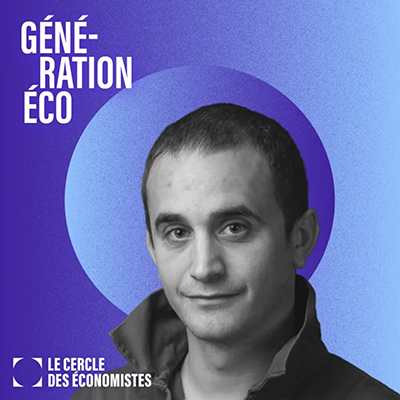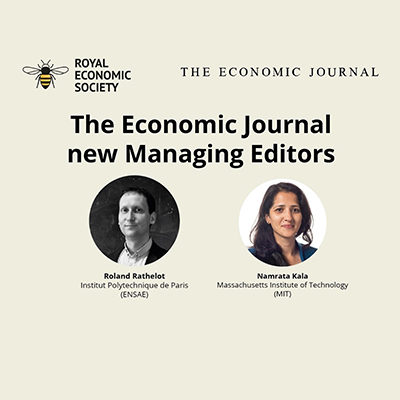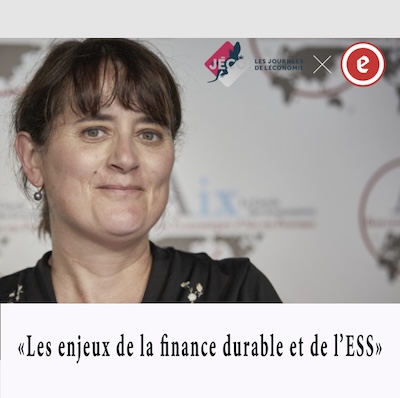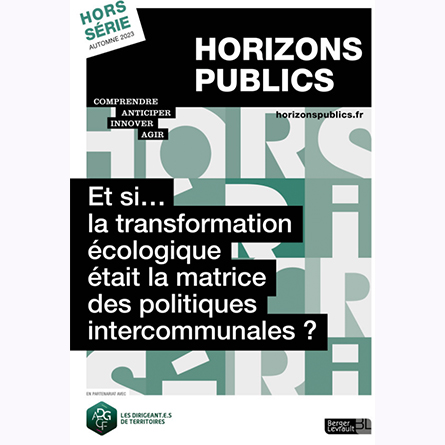Le baromètre des prélèvements fiscaux et sociaux est un sondage réalisé par Harris Interactive pour le Conseil des prélèvements obligatoires (CPO), avec l’appui du Centre de recherche en économie et statistique (CREST)* . Cette deuxième édition permet de réaliser une comparaison avec les résultats obtenus en 2021.
Une majorité de Français continue à porter un jugement négatif sur le niveau et l’équité des prélèvements fiscaux et sociaux, mais considère aussi que le paiement des impôts et cotisations est un acte citoyen et soutient le renforcement de la lutte contre la fraude. Les Français se déclarent peu enclins à accepter une baisse des dépenses publiques en contrepartie d’une baisse des prélèvements. Ils estiment possible une amélioration de la qualité de la dépense publique à prélèvements constants ou inférieurs.
Les principaux déterminants du consentement à l’impôt sont par ordre croissant la connaissance du système socio-fiscal, la confiance dans les institutions, le sentiment d’équité fiscale et la satisfaction quant à l’utilisation de l’argent public. En observant les effets sur la moitié de la population interrogée après avoir visionné une vidéo consacrée au contrôle de l’argent public, le CPO peut établir pour la première fois un lien de causalité entre une meilleure compréhension de l’utilisation des fonds publics et de leur contrôle et une hausse du consentement aux prélèvements fiscaux et sociaux.
CPO 30.01.2024
Lien vers la publication :
https://www.ccomptes.fr/fr/publications/barometre-des-prelevements-fiscaux-et-sociaux-en-france-deuxieme-edition-2023
La presse en parle :
La Voix du Nord:
https://www.lavoixdunord.fr/1424855/article/2024-01-30/impots-les-francais-jugent-qu-ils-en-paient-trop-mais-ne-plaident-pas-forcement
Planet.fr :
https://www.planet.fr/impots-impots-mais-ou-donc-part-votre-argent.2967846.1556.html
* Pierre Boyer, Bertrand Garbinti et Emmanuelle Taugourdeau
Le Cercle des Économistes : Une interview de Benoît Schmutz pour le podcast Génération Économie.
29 janvier 2024
Benoît Schmutz pour le Cercle des Economistes.
Les émissions de CO2 de l’industrie française et le «ciblage carbone» des politiques publiques
Note IPP n°102, présentées lors de la Conférence Budget, co-écrite par Clément Malgouyres, Laurent Bach, Paul Dutronc-Postel, Arthur Guillouzouic et Rachel Paya.
Janvier 2024
Les femmes et les hommes sont-ils égaux face à l’avènement de l’intelligence artificielle dans les entreprises ?
Dans son article pour le journal Le Monde, Sophy Caulier interview Paola Tubaro, chercheuse en sociologie au CREST, sur ses récentes recherches.
24 Janvier 2024
Série France Culture: « L’éco face aux catastrophes naturelles »
Céline Grislain-Letrémy, chercheuse affiliée au CREST, était invitée dans le premier épisode “Un système d’assurance qui prend l’eau”, série provenant du podcast “Entendez-vous l’éco ?”.
Lundi 22 janvier 2024
Roland Rathelot and Namrata Kala appointed Managing Editors of The Economic Journal
Roland Rathelot and Namrata Kala are appointed Managing Editors of The Economic Journal from January 2024.
Une interview de Patricia Crifo, par Pierre Rousseaux pour le journal Œconomicus.
10 janvier 2024
Les ressorts sociaux de la bifurcation écologique des Français
Une contribution d’Ivaylo Petev pour le numéro spécial d’Automne 2023 de la revue Horizons Publics.
Note IPP n°98 _ Décembre 2023
#Economie
Une note coécrite par C. Bellemare, M. Goussé, G. Lacroix, S. Marchand
Façonner une IA grâce aux sciences sociales pour lutter contre la désinformation
Un article publié par le CNRS, sur le projet projet AI4TRUST, auquel participe Paola Tubaro, directrice de recherche au CNRS et chercheuse au CREST.
11 décembre 2023

